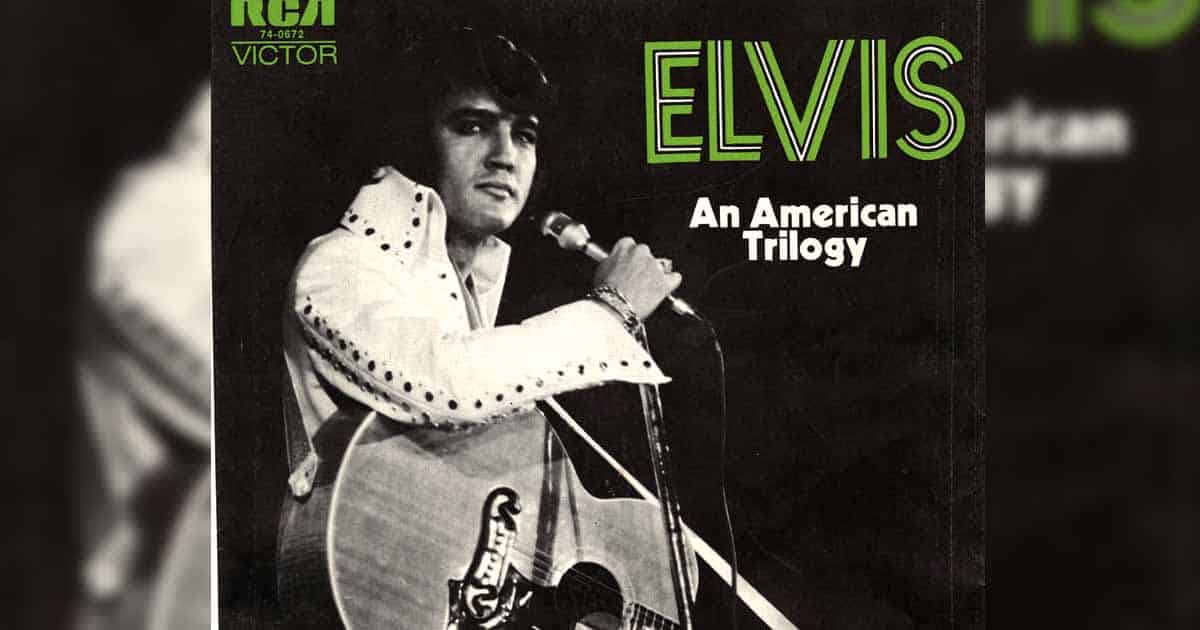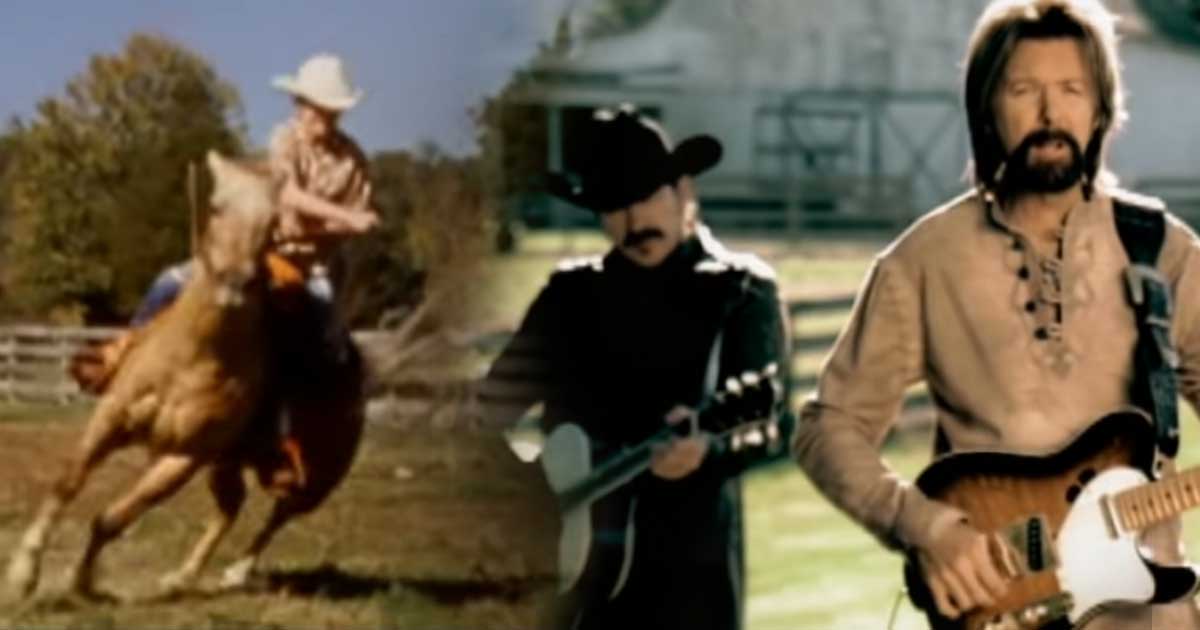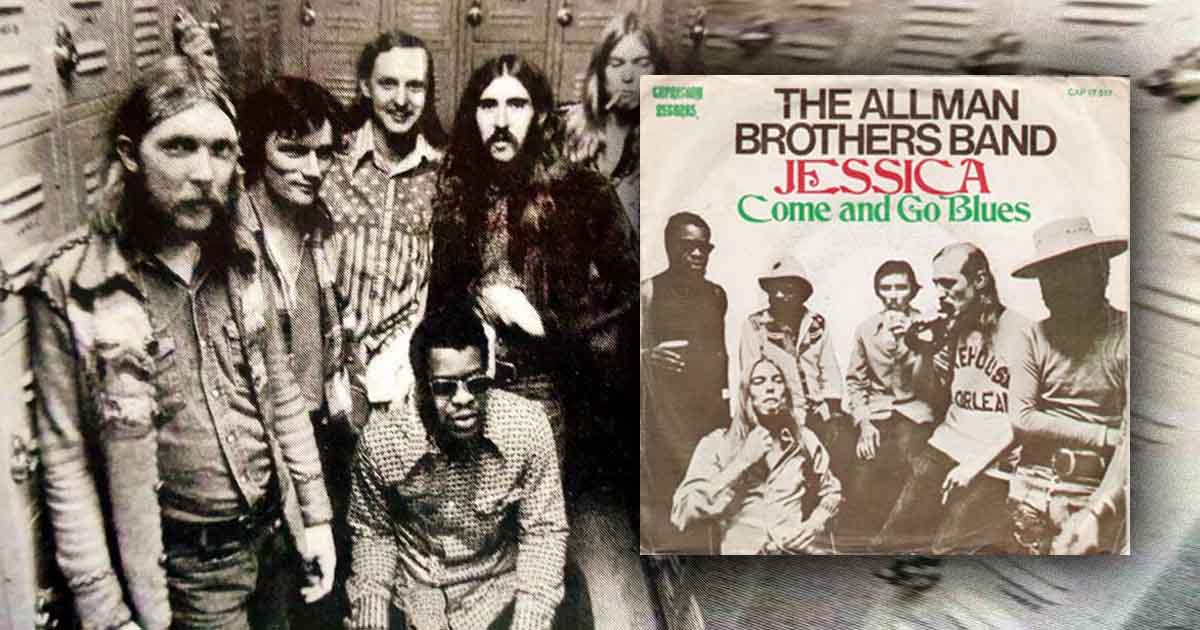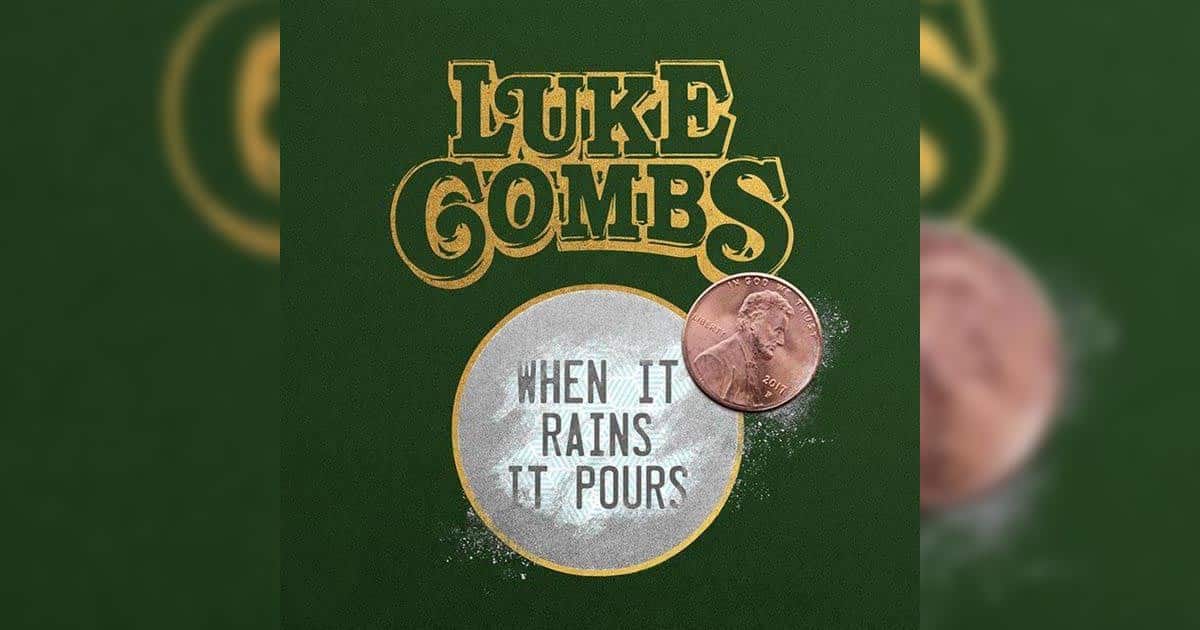In 1972, Elvis Presley started including “An American Trilogy” as part of his regular concert routine, thereby making it a showstopper.
The song is actually a combination of three 19th century songs – this includes the renowned folk song about the Southern United States first made in 1859 entitled “Dixie;” the originally Bahamian lullaby that became popular during the social protest movements of the late 1950s and 1960s and is often associated to African American spirituals called “All My Trials;” and lastly, the “The Battle Hymn of the Republic,” a popular American patriotic song that served Union Army’s marching song all through the American Civil War.
The song medley was arranged by country songwriter Mickey Newbury and first recorded for his 1971 album Frisco Mabel Joy. It reached No. 26 on Billboard Hot 100 and No. 9 on Billboard’s Easy Listening chart and has also been played every night in the mid to late 1970s as a sign-off song for KTBS, KLFY, and WRBT television stations.
While Presley’s version failed to match Newbury’s success on the US chart – only reaching No. 31 on Billboard’s Easy Listening chart while peaking at No. 66 on Billboard Hot 100 – it was featured in the widely-seen satellite telecast Aloha from Hawaii. It also sailed the chart way better in the United Kingdom, ranking No. 8.
The Woman Behind Elvis Presley’s Recording
Unlike most of Elvis Presley songs which the King of Rock and Roll picked by himself, “An American Trilogy” was actually brought to him by his wife, Priscilla Presley.
While driving down Sunset Boulevard, Priscilla heard the song medley – right then and there, she knew her husband had to record it. So, she made a U-turn and came back home to convince Presley to record it. And indeed, he did! An iconic musical piece then came to life!
Make sure to listen to “An American Trilogy” by Elvis Presley in the video below. You’ll see how he revised Mickey Newbury’s sequence by duplicating both “All My Trials” and “Dixie” before ending it with an even bigger “The Battle Hymn of the Republic.”


















